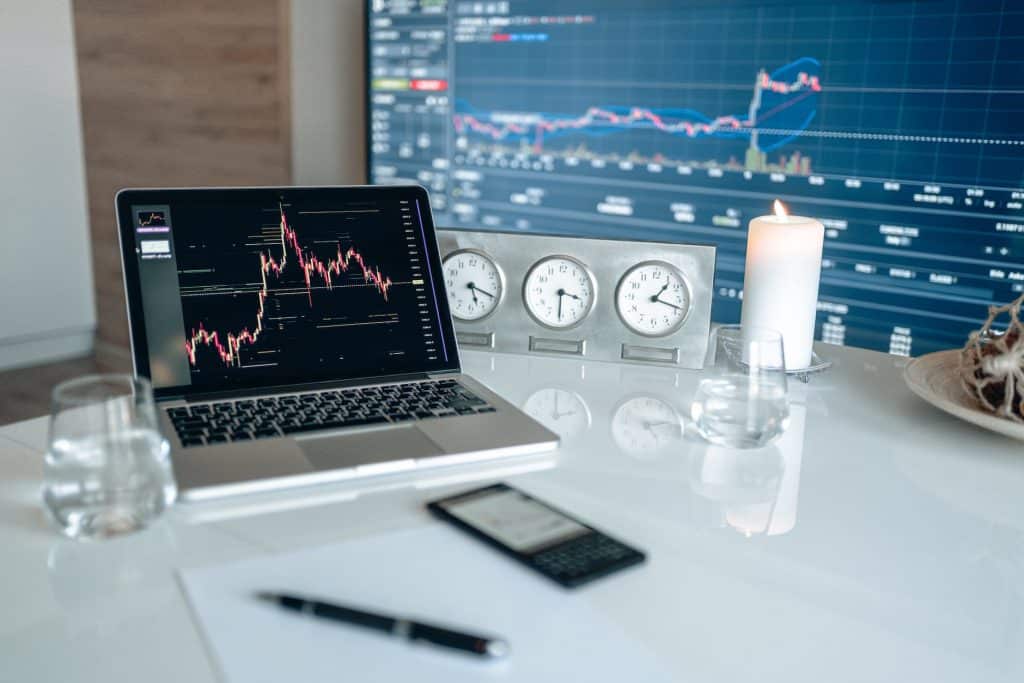Understanding The Best Time Horizon In Forex Trading

If you’ve ever grappled with the question of the “best time horizon in Forex trading,” you’re not alone. Many traders, both novices and seasoned professionals alike, have struggled to determine the optimal time frame for their trades. In this article, we’ll delve deep into understanding the concept of time horizon, the factors that influence it, and why it’s crucial in Forex trading.
What is Time Horizon in Forex Trading?
In the realm of Forex trading, the time horizon refers to the duration for which a trader plans to hold onto a trading position. This time period can vary significantly, ranging from milliseconds in high-frequency trading to years in long-term investment strategies. Determining the best time horizon in Forex depends on several factors, including the trader’s risk tolerance, trading style, and market understanding.
Why is Time Horizon important?
The time horizon plays a pivotal role in shaping a trader’s strategy and potential returns. For instance, short-term trades can offer quick profits but also come with high volatility and risk. On the other hand, long-term trades require patience but can yield substantial profits if the market trends favorably over time. Therefore, identifying the best time horizon in Forex is a balancing act between risk and reward.
Factors Influencing the Best Time Horizon in Forex:
- Trading Style: Whether you’re a scalper, day trader, swing trader, or positional trader, your trading style largely determines your time horizon. Scalpers, for instance, hold positions for mere seconds or minutes, while positional traders can hold trades for weeks or months.
- Risk Tolerance: Your risk tolerance also influences your time horizon. Traders willing to endure higher risk may lean towards shorter time horizons, whereas conservative traders may opt for longer horizons to minimize risk.
- Market Analysis: The type of market analysis you rely on also impacts your time horizon. Technical analysis often suits short-term trades, while fundamental analysis is typically used for longer time horizons.
The Best Time Horizon in Forex:
The best time horizon in Forex isn’t a one-size-fits-all solution; it varies from trader to trader. However, it’s essential to choose a time horizon that aligns with your trading style, risk tolerance, and market analysis approach.
For instance, if you’re a day trader with a high-risk tolerance using technical analysis, a short time horizon of a few hours might be ideal. On the other hand, a swing trader using fundamental analysis and preferring less risk might opt for a time horizon of a few days to weeks.
Conclusion:
In Forex trading, determining the best time horizon is an integral part of forming a robust and successful trading strategy. While there’s no universal ‘best’ time horizon, understanding your trading style, risk tolerance, and preferred market analysis method can guide you towards identifying the time horizon that works best for you.

